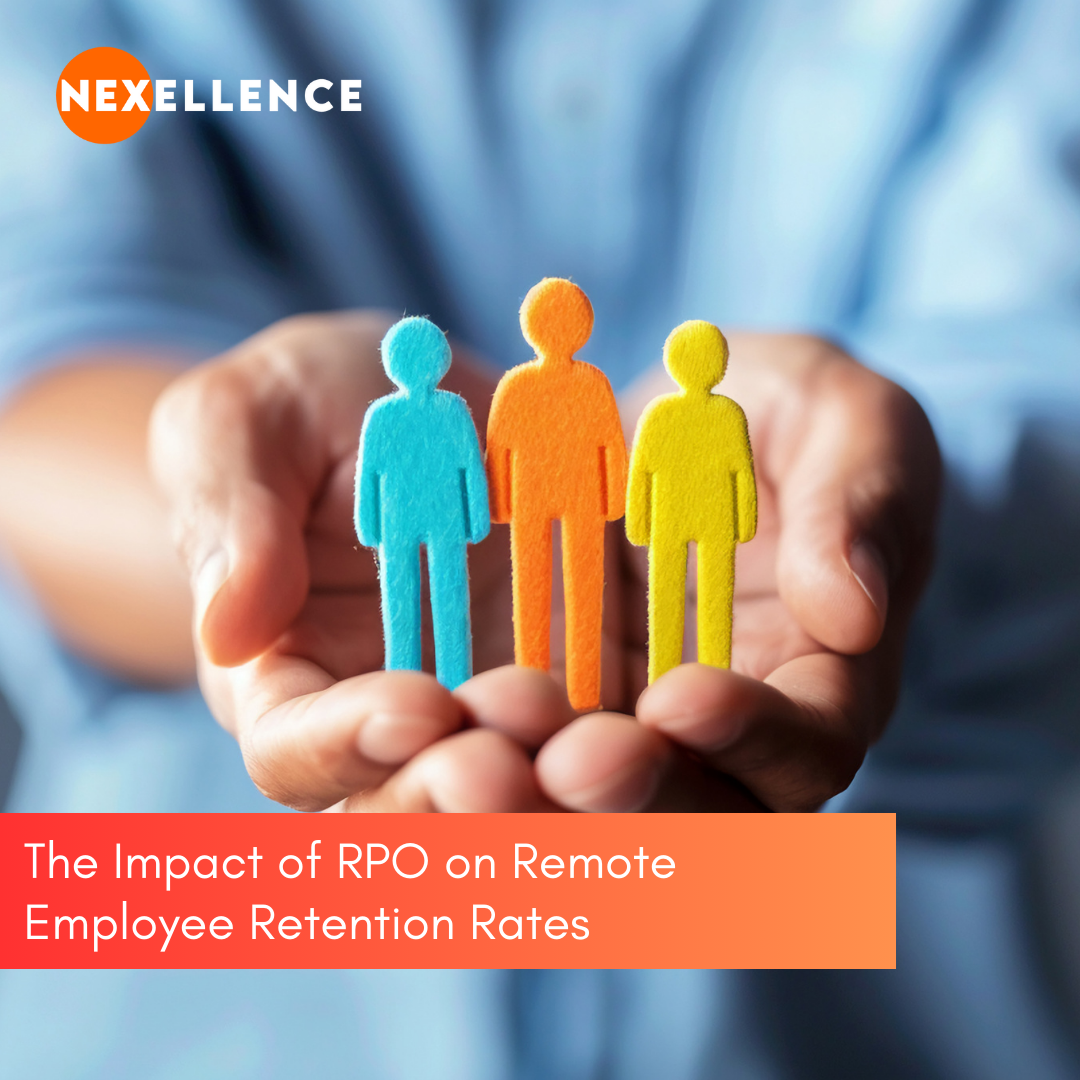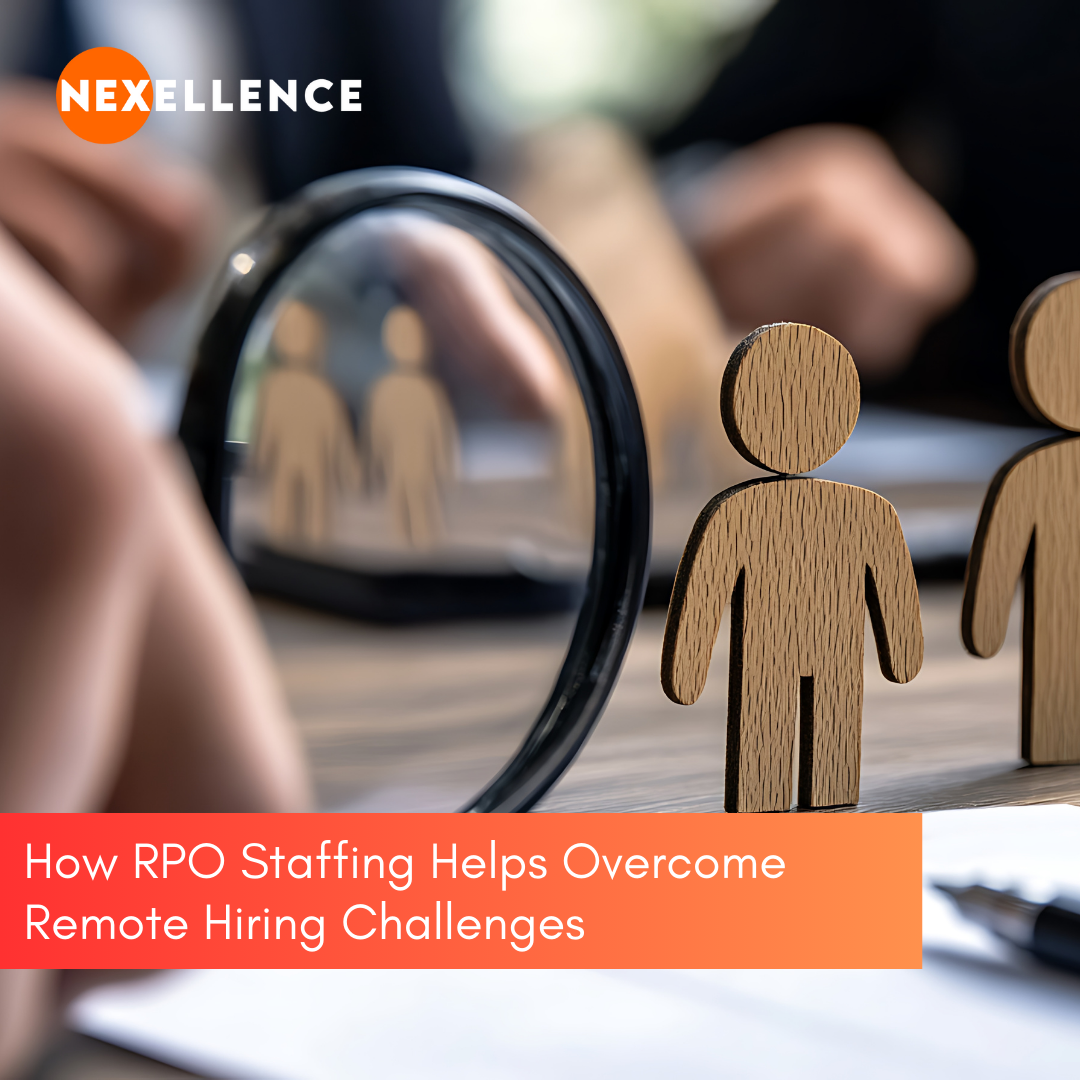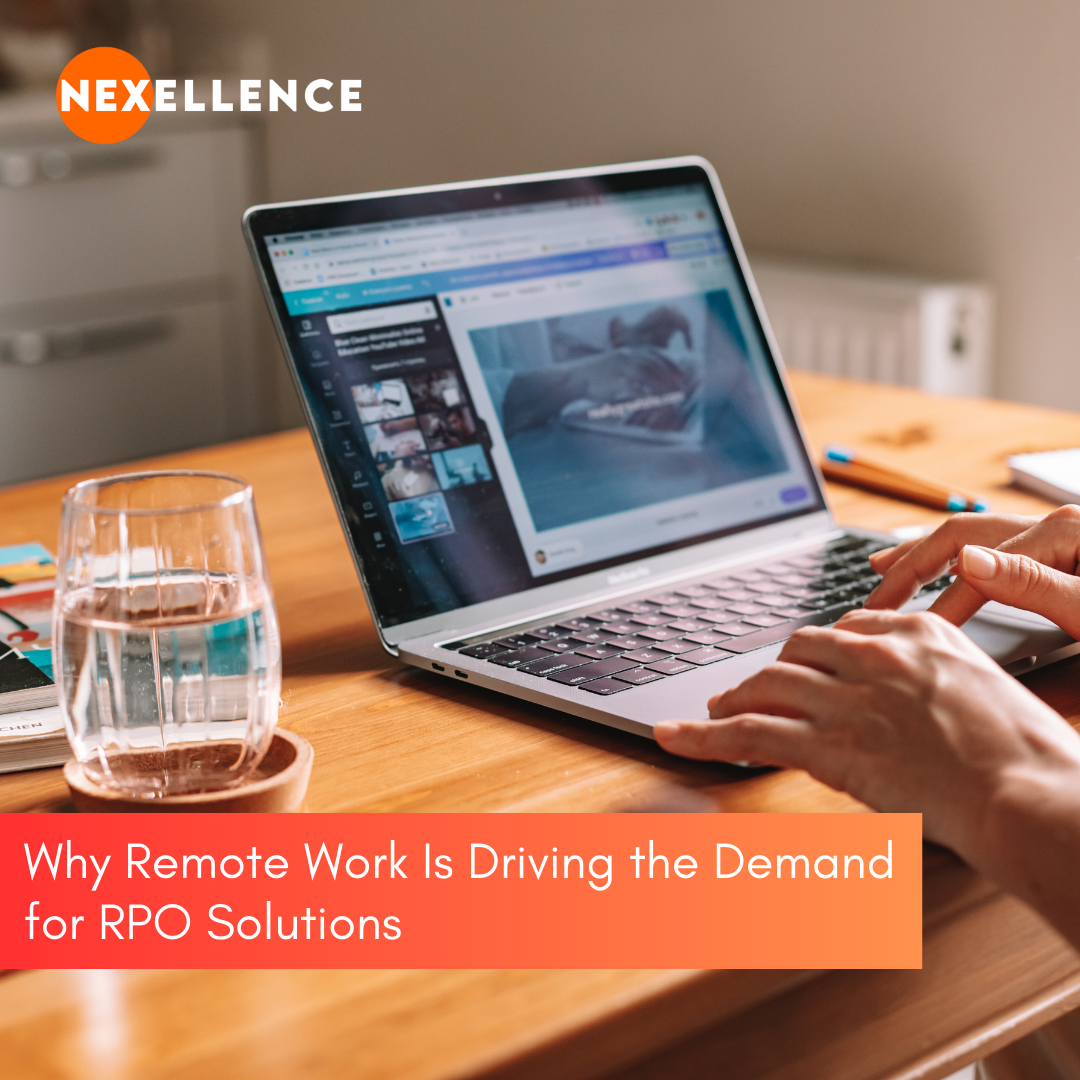The recruitment landscape has evolved significantly in recent years, and data-driven decision-making has become the cornerstone of modern talent acquisition. Recruitment Process Outsourcing (RPO) providers, in particular, are leveraging Big Data to enhance efficiency, improve candidate experiences, and drive smarter hiring outcomes for their clients.
By harnessing vast amounts of structured and unstructured information, RPO firms can predict trends, analyze candidate behavior, and streamline recruitment strategies. Let’s explore how Big Data is reshaping RPO recruitment.
1. Enhancing Talent Sourcing
Traditional recruitment often relied on limited job boards and manual searches. Today, RPO providers use Big Data analytics to identify top talent across multiple platforms—social media, professional networks, databases, and even passive candidate pools. This widens the talent funnel and ensures better quality candidates reach the shortlist.
2. Improving Candidate Screening and Assessment
Screening thousands of resumes can be time-consuming and prone to human bias. Big Data tools help RPOs automate resume parsing, skills matching, and cultural fit analysis, ensuring that only the most relevant candidates move forward. This reduces hiring time while maintaining accuracy and fairness in evaluations.
3. Predictive Hiring Decisions
One of the biggest advantages of Big Data in RPO recruitment is predictive analytics. By studying past hiring patterns, employee performance, and attrition rates, RPO firms can forecast which candidates are most likely to succeed in specific roles. This proactive approach reduces turnover and improves long-term hiring outcomes.
4. Enhancing Candidate Experience
Big Data helps RPOs understand candidate expectations, preferred communication channels, and engagement behaviors. With these insights, recruiters can provide personalized communication, timely updates, and smooth onboarding experiences, all of which strengthen the employer brand.
5. Workforce Planning and Market Insights
RPO providers can use Big Data to analyze labor market trends, salary benchmarks, and skill availability. These insights help organizations make strategic workforce planning decisions, such as where to source talent, what compensation packages to offer, and how to remain competitive in a tight job market.
6. Measuring Recruitment Effectiveness
With real-time analytics dashboards, RPOs can track metrics like time-to-fill, cost-per-hire, candidate quality, and diversity ratios. These data-driven insights enable continuous optimization of recruitment strategies and demonstrate measurable ROI for clients.





